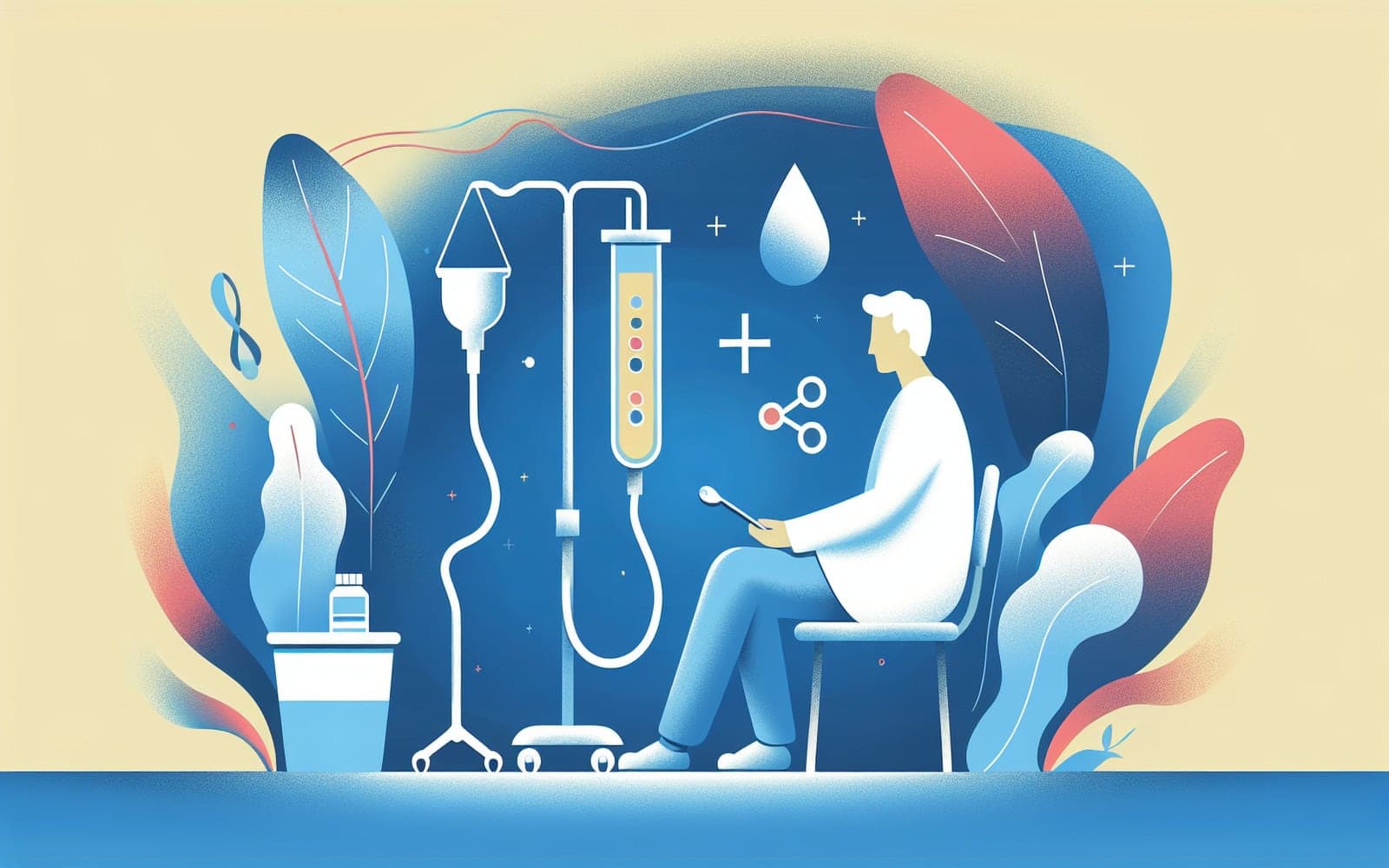The Truth About Urine Tests: Diagnosing Catheter-Associated UTIs
Published: Sep 14, 2024
Urine tests play a crucial role in diagnosing catheter-associated UTIs. Discover how these tests work and when they're necessary.
Contents
Understanding Urine Tests
Urine tests for catheter-associated UTIs involve checking for bacteria in the urine. A sample is ideally obtained after removing or replacing the catheter to ensure accurate results. High bacterial counts often indicate an infection, but other factors must be considered.
When to Test
Testing is typically done when a patient exhibits symptoms of a UTI or systemic infection. However, routine testing in asymptomatic patients, especially those with indwelling catheters, is generally not recommended. This is to avoid unnecessary treatment and the development of resistant bacteria.

Challenges in Testing
Urine tests may sometimes yield false results due to contamination or other factors. Distinguishing between true infection and contamination requires clinical judgment. Accurate diagnosis is essential to guide treatment and prevent complications.
Frequently Asked Questions
They detect bacteria in the urine.
When symptoms of a UTI or infection are present.
To prevent unnecessary treatment and resistance.
Yes, due to contamination or other issues.
Key Takeaways
Proper urine testing is crucial for accurate diagnosis and treatment.
Next steps: Explore testing options with Doctronic today!Related Articles
References
Hooton TM, et al. Diagnosis of catheter-associated urinary tract infection. Clin Infect Dis 2010; 50:625.
Tambyah PA, et al. The relationship between pyuria and infection. Arch Intern Med 2000; 160:673.
Always discuss health information with your healthcare provider.

